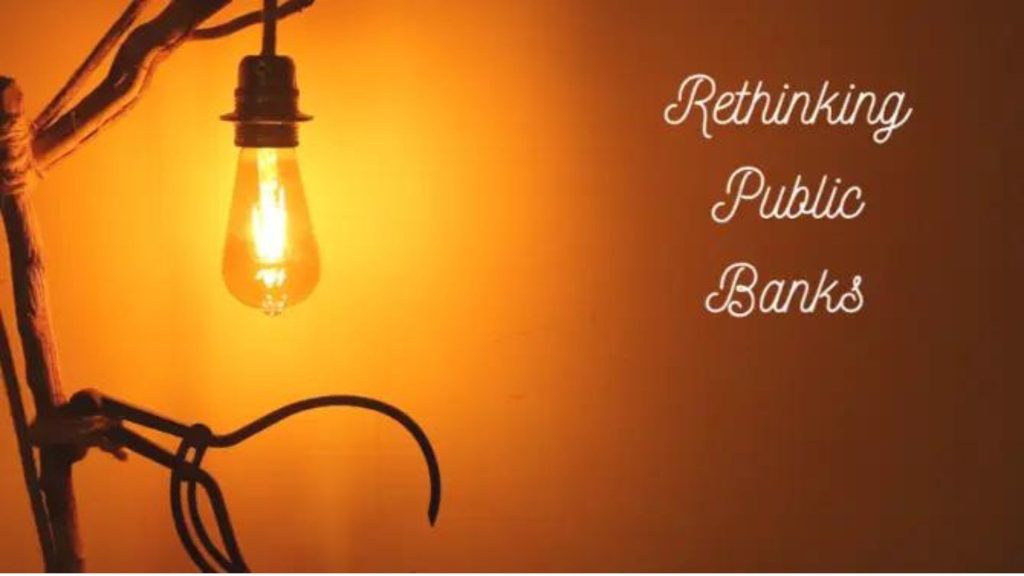Public Banking Project

Public Banking Project
A multidisciplinary international research project that critically explores the world of public banks and their potential for advancing democratic green and just transitions.
Obtaining financing at the right time, place, scale, and pace to advance the United Nations 2030 Sustainable Development Goals is a global challenge. Communities everywhere are looking to secure appropriate financing to build sustainable, inclusive, and prosperous futures.
How to provide the substantial and sustainable financing needed to meet societal ambitions globally and nationally? Public banks are one viable and powerful option.
The Public Banking Project is a multidisciplinary research collaboration housed at McMaster University involving researchers from around the world. It aims to co-create cutting-edge scholarly knowledge and evidence-informed policy advice to improve how public banks finance sustainable, inclusive, and prosperous communities. Contributors include scholars working within and across the fields of political economy, development studies, politics, economics, finance, geography, business, sociology, and sustainability.
The Public Banking Project also seeks to strengthen the interface between scholars, policymakers, and practitioners as well as to train a new generation of public banking scholars with the capacity for conceptually-innovative and policy-relevant research, collaboration, and stakeholder engagement.
What are Public Banks?
Public banks are financial institutions that are located within the public spheres of states. This can be through ownership by a government, public authority, or other public enterprise, by a legally binding public interest mandate, by public law, or by any combination of these factors.
There are two main types of public banks: commercial/retail and development banks. The Alberta Treasury Branch in Canada and the Caixa Econômica Federal are examples of a public retail banks, meaning they take personal deposits, offer credit cards, provide mortgages, and so on. The Bank of North Dakota in the USA and the KfW in Germany are examples of public development banks, meaning they do not deal in personal finances but instead focus on larger and longer-term projects for communities, organizations, business and industry, and governments.
Public banks are anything but niche. There are more than 900 worldwide that together hold over $49 trillion in assets (an amount ten percent greater than the GDPs of Germany, the USA, and China combined). Public banks can function as mandated ‘policy-maximizers’ but not all public banks deliver policy objectives well and function accountably in the public interest. More needs to be known and done about how we can best tap public banks’ financial potential to confront shared challenges in equitable, inclusive, and sustainable ways.
Director, Public Banking Project

Thomas Marois
PhD
Professor of Political Economy
Department of Political Science
